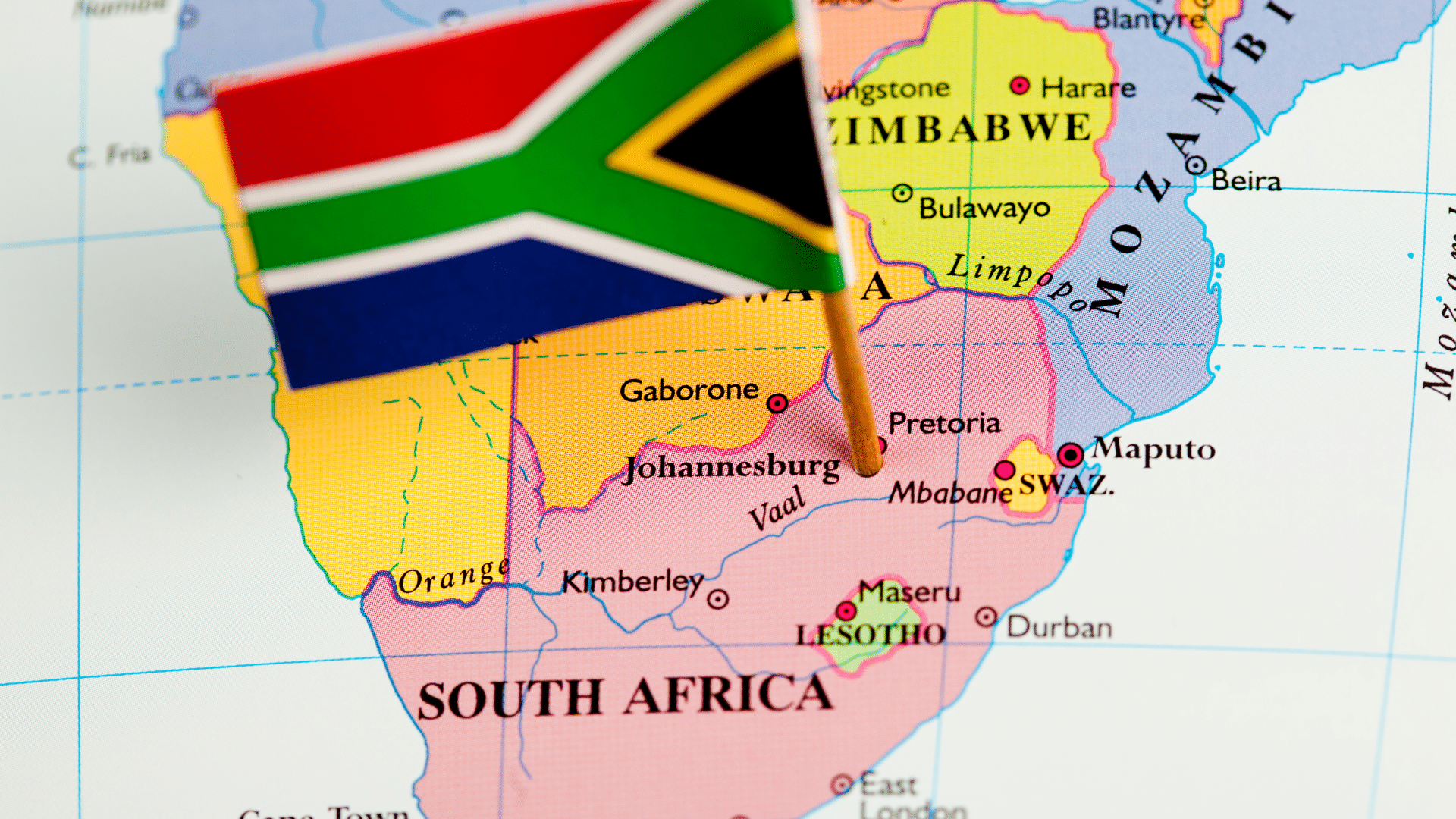phil168 online casino South Africa central bank joins rate cut movement

Johannesburg, South Africa — South Africa’s central bank cut its benchmark interest rate for the first time since 2020 on Thursday, joining other nations in reducing borrowing costs as inflation eases.
Central banks worldwide hiked rates after inflation soared in the wake of the Covid pandemic and Russia’s invasion of Ukraine, but many have started to cut them.
Article continues after this advertisementThe US Federal Reserve cut its key rate by 0.50 percentage points on Wednesday, also its first reduction in four years. Central banks in Europe started reducing their rates earlier this year.
FEATURED STORIES BUSINESS National ID gives more Filipinos ‘face value BUSINESS BIZ BUZZ: Unwinding Gogoro … quietly BUSINESS Polvoron maker seeks P500 million capital for expansionREAD: Federal Reserve signals end to inflation fight with half-point rate cut
South Africa’s Reserve Bank reduced its repo rate by a quarter point to 8.0 percent, ending a long upward streak that began in November 2021.
Article continues after this advertisementInflation fell to 4.4 percent in August, falling below the midpoint of the bank’s target range of three to six percent.
Article continues after this advertisementSouth African Reserve Bank Governor Lesetja Kganyago said inflationary expectations were “moving — slowly — in the right direction.”
Article continues after this advertisementHe said that confidence in South Africa’s economy had improved, especially as the country has curtailed the rolling blackouts that have plagued the country for years.
“For the medium term, our growth projections have once again edged higher,” he said. “The upgraded forecast is premised on better-functioning network industries, especially electricity, alongside broader reform momentum.”
Article continues after this advertisementBut he added that growth forecasts remained relatively low, at around two percent.
Monetary policymakers had considered an even larger half-point cut, but decided to remain cautious.
“The forecast sees rates moving towards neutral next year, stabilising slightly above seven percent,” he added.
Subscribe to our daily newsletter
